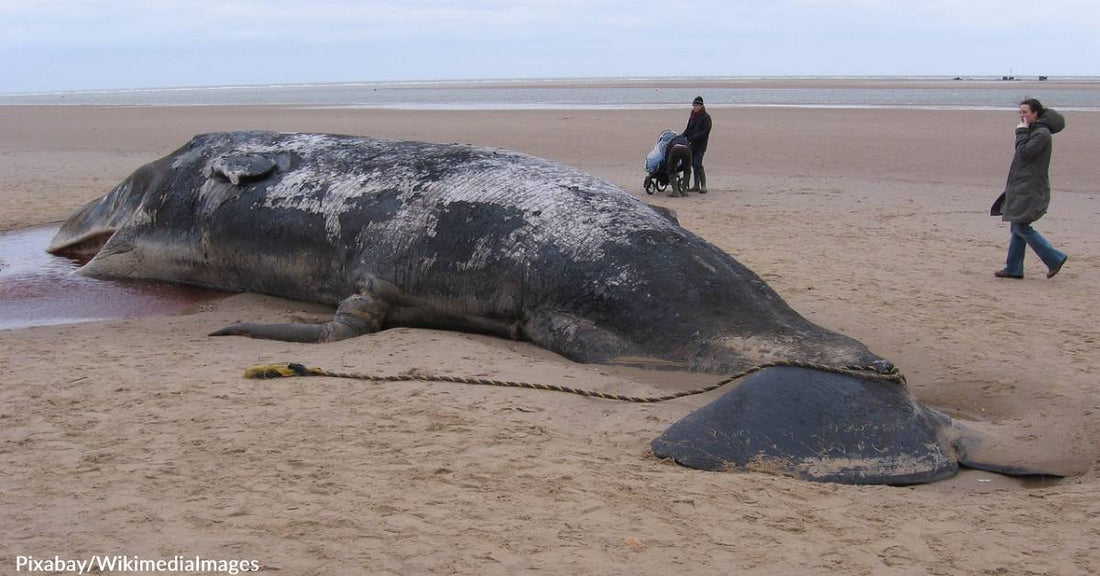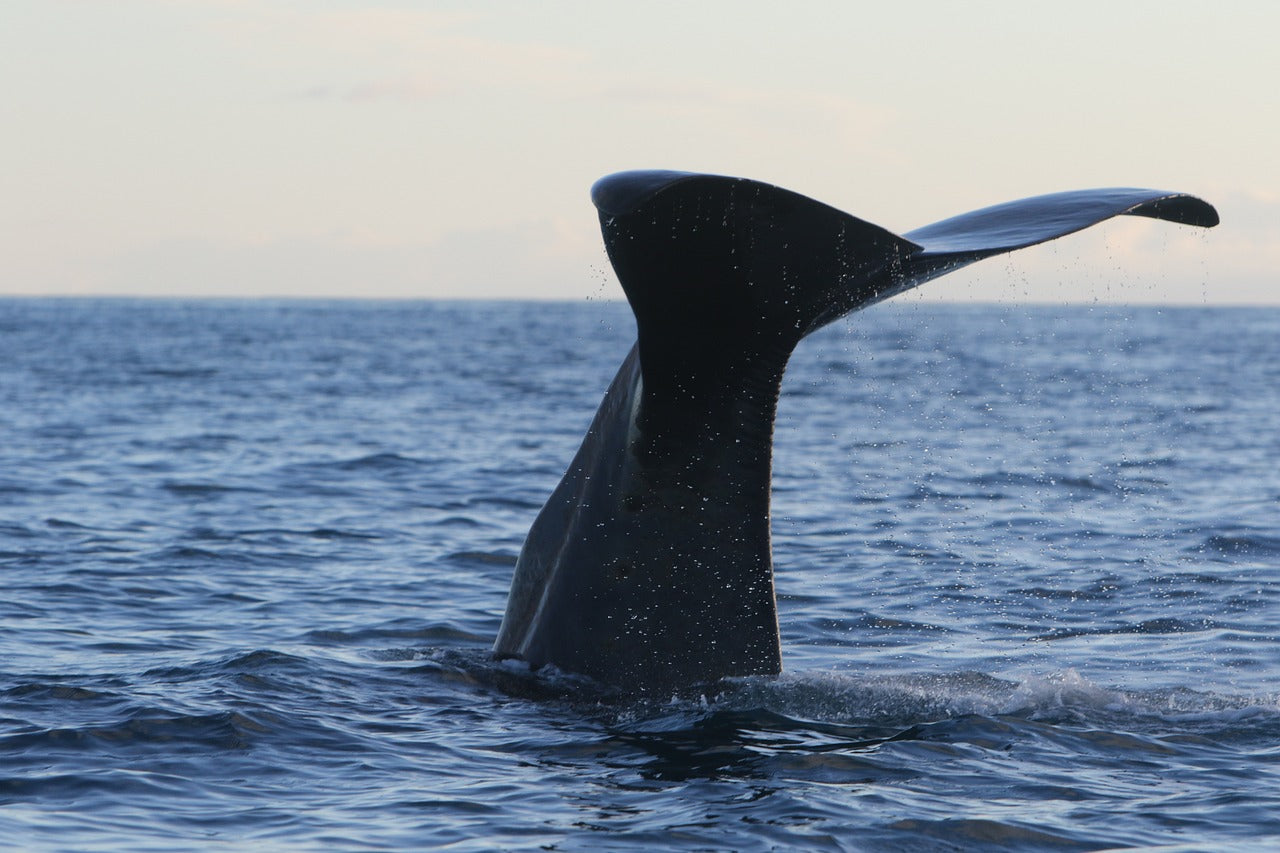Sperm Whale Washed Up on Kauai Reef Filled with Plastics and Other Garbage
Rebecca West
When will enough be enough? For the fourth time in recent memory, a dead whale that washed ashore was found to have a stomach full of plastics and other trash. This most recent example happened at a Kauai park in January 2023. Once the animal was relocated and experts had a chance to perform a necropsy, they sadly realized the whale's stomach contained fishing nets, a variety of plastics, and even traps used for catching hagfish. This debris, ingested by what was a 60-ton sperm whale, is believed to be at least a contributing cause of its death.
Plastics in the Oceans
As tragic as it seems, the marine trash found in the stomach of the 56-foot sperm whale is not unusual. In Cefalu, a beach frequented by tourists visiting Sicily, a sperm whale washed ashore last May with a belly full of plastic. A 22-foot sperm whale calf was discovered washed up at Hell's Mouth, near Abersoch, Gwynedd, in Wales, and its post-mortem examination revealed a "large piece of blue plastic sheeting" inside of it. Sounds like a tarp, but you get the point.
Another poor sperm whale measuring 31 feet washed up on a beach in Indonesia with 13 pounds of plastic waste inside of its stomach, "including 115 drinking cups, 25 plastic bags, plastic bottles, two flip-flops, and a bag containing more than 1,000 pieces of string."
The World's Plastic Problems
Discovered on January 27 in Lydgate Park, heavy equipment was enlisted to transport the carcass to the beach, where researchers from the University of Hawaii at Mānoa Health and Stranding Lab took 15 hours examining the remains and looking for clues as to what led to its death.
According to Dr. Kristi West, director of the health and stranding lab, a "major finding was the number of manufactured items in the whale's stomach."
"In addition to squid beaks, fish skeletons, and other prey remains, we found at least six hagfish traps, and we also found significant amounts of at least seven types of fishing net, at least two types of plastic bags, a light protector, fishing line, and a float from a net," West noted. "We did find a number of things in the stomach of the sperm whale that may have contributed to its death and are certainly disturbing."
Stopping the Madness
Due to the whale's size, researchers were unable to examine the full contents of the stomach, with West adding that this means it's very likely there was "additional material" left undiscovered. There was "certainly (a) substantial enough volume of foreign objects to cause a blockage" in the sections they were able to look at, though.
Edward "Luna" Kekoa, the Recreational Fisheries Program Manager with the DLNR Division of Aquatic Resources, stated that the discovery should cause folks to rethink discarding debris into the ocean.
"These man-made items persist in the ocean for a very long time, and we hope we can learn from this," Kekoa said in a DLNR statement. "Every few days, we hear about another whale, or dolphin, turtle, or monk seal entangled in fishing gear or lines. At an absolute minimum, let's prevent any more gear, plastic bags, and other items from getting into the system."




